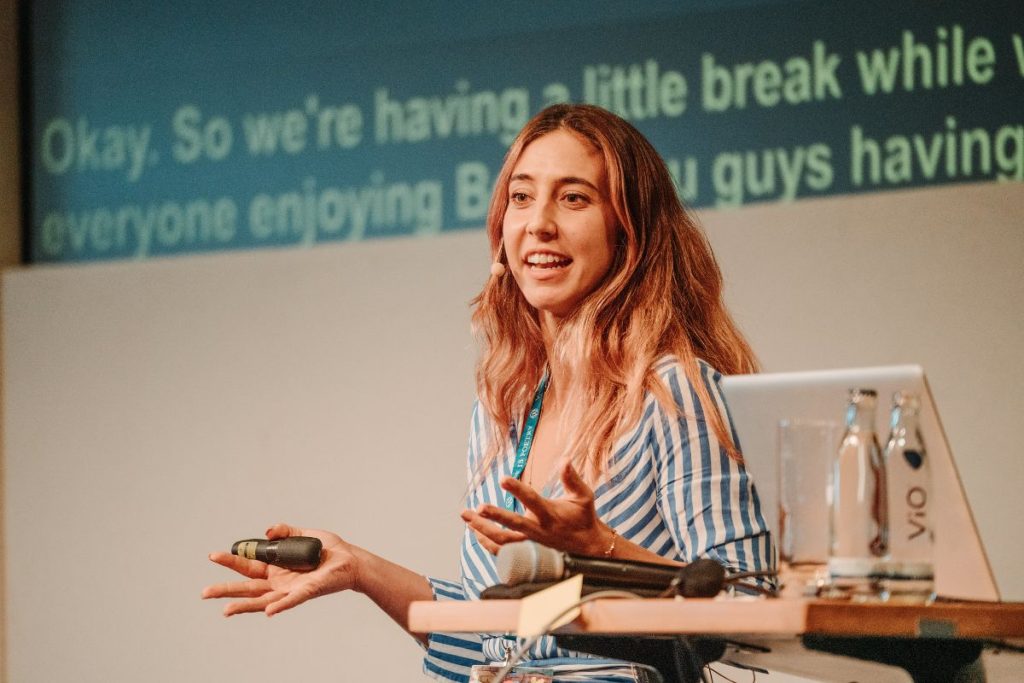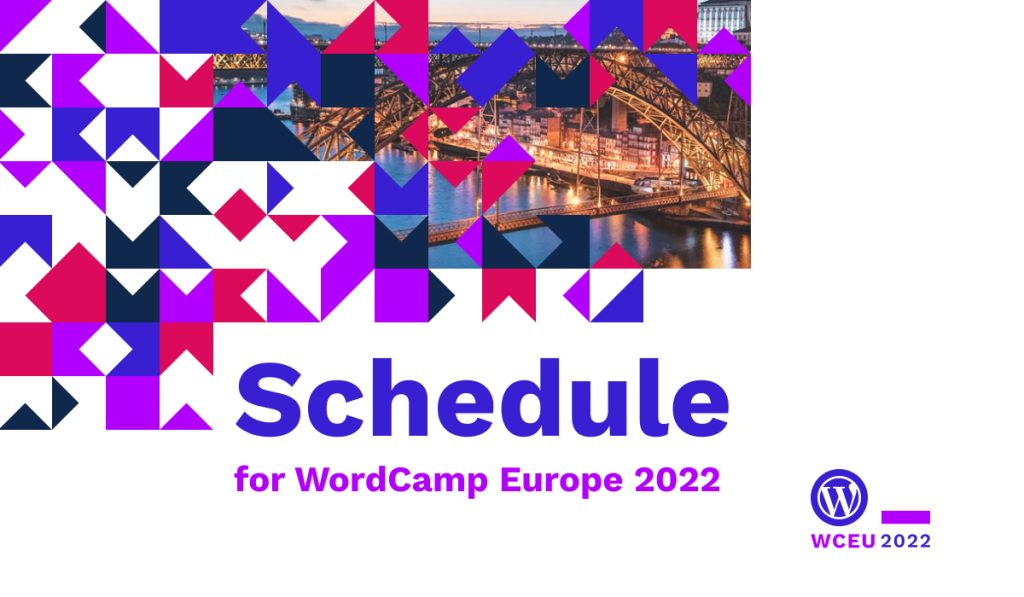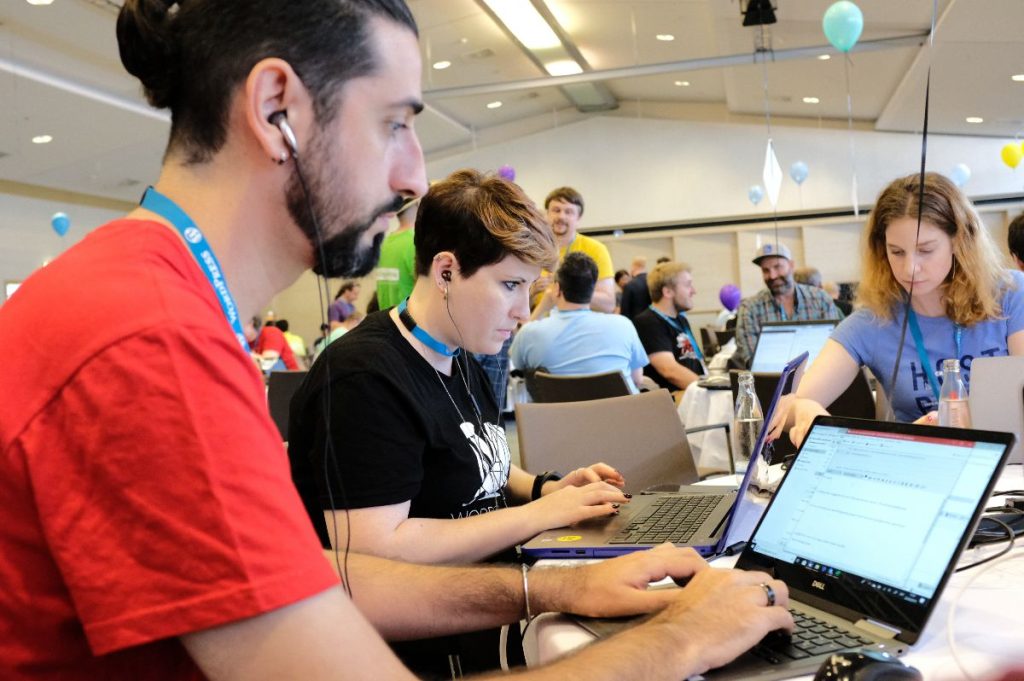Only a few weeks left to join the European WordPress Communities and celebrate the 10th anniversary of WCEU.
Nearing WordCamp Europe 2022 – the first in-person flagship WordCamp since the pandemic, things are getting exciting backstage.
Celebrating the 10th anniversary of WordCamp Europe makes WCEU 2022 the best way to welcome back in-person events. So, what are the things you can expect from WordCamp Europe 2022? We’re listing all the updates, so keep reading!
The Speakers are already announced

An amazing lineup of speakers covering topics such as Business, Design, Gutenberg, Development, Accessibility, Headless, and more have been announced. For details, find out more here.
The Schedule is posted on the WCEU 2022 website

After announcing a wide range of great speakers in the past few weeks, the full schedule of WCEU 2022 is now revealed. There will be 40+ exciting sessions & workshops along with a fun and amazing After Party. Click here if you can’t wait and want to check out the complete event schedule.
And the Contributor day is on!

Contributor Day will take place, as usual, one day before the main WordCamp Europe event, on Thursday 2nd June 2022, at the same venue as the rest of the camp – the Super Bock Arena in Porto. It is a full day of contributing and networking with other passionate WordPressers! In order to participate at Contributor Day, please complete this registration form.
HOORAY!
So only a few weeks to go before WordCamp Europe 2022.
The organizing team behind the scenes of WordCamp Europe 2022 can’t wait to meet you! Everyone is giving their best efforts to make sure you will enjoy an amazing event.
WordCamp Europe 2022 takes place 2- 4 June in Porto, Portugal.
For more information, check the WCEU website.
Fired up and ready to be a part of the WordCamp Europe family?




